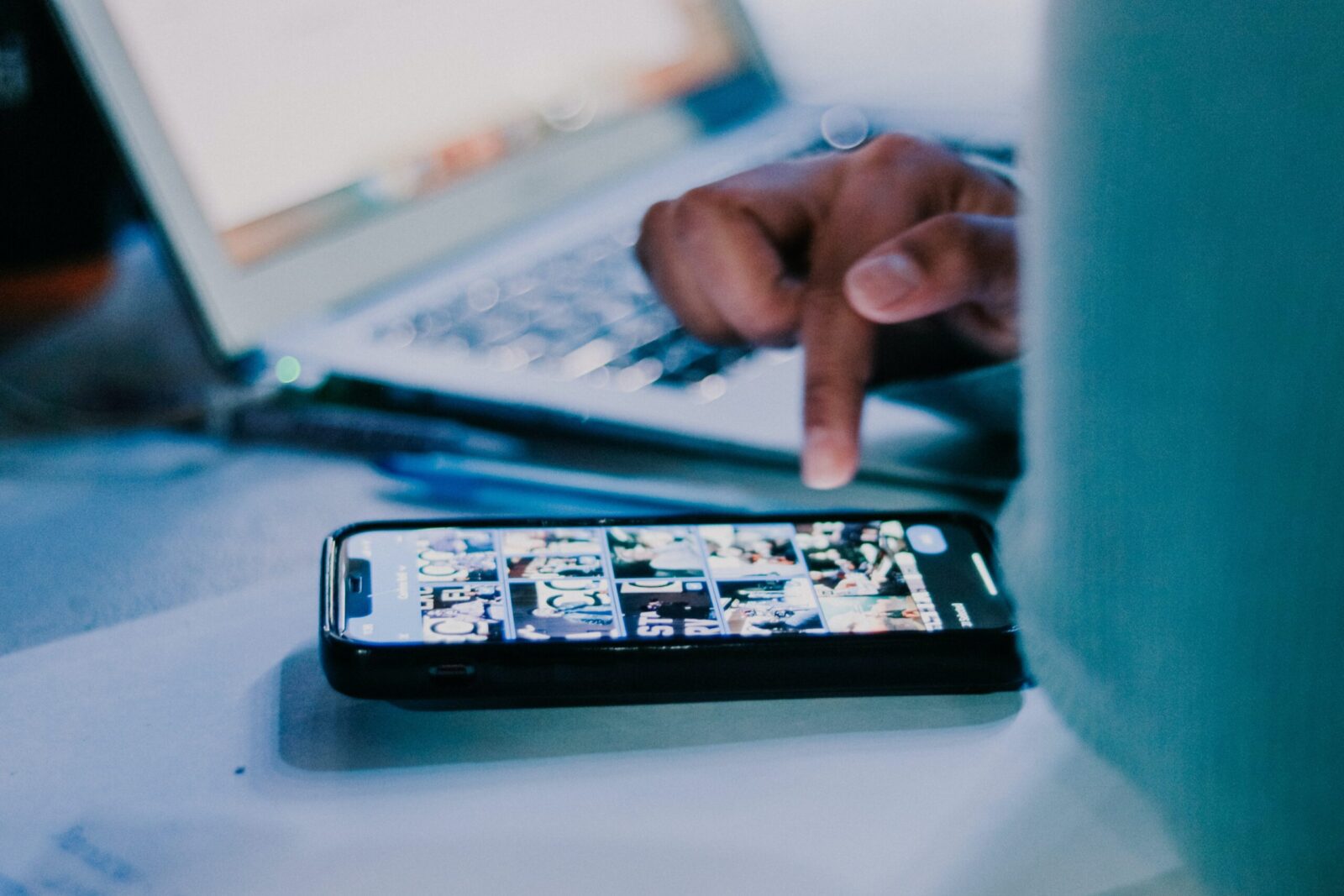How We Became Lonely, Disconnected and Brainwashed
This is part two of a three-part series published over three consecutive weeks.
Beware of false knowledge;
it is more dangerous than ignorance.— George Bernard Shaw
People are tiring of the social media model. It is for this reason that the bipartisanship-inducing effects of social media have led to fatigue with this platform as a source of reading political content.
Enough Already
It’s not getting any better. Our polarization has skyrocketed over the past few decades, which can be easily observed in the US, for instance, by the astonishing decline over the past half century in the number of registered Republicans who vote for a Democratic presidential candidate or vice-versa.
The globalized nature of our lives is a large part of what got us into this mess—and it will also play a pivotal role in what will get us out. The polarizing comments of some of our political leaders must be heard as white noise, an unnecessary distraction from our perennial reality—we need each other. Across national, ethnic, religious, gender and cultural lines.
What To Do?
So what can we do? First, we can acknowledge that there is a high degree of uncertainty associated with Covid-19, and as a result some of us are more than a little bit afraid.
To reduce our uncertainty—exacerbated by myriad interpretations of everything going on around us shared on social media every second—it is more critical than ever that we sift through the digital morass for true facts to make sense of the world.
We can understand our propensity to act as cognitive misers: we don’t like to think too much, and we’re unsure how to think about a pandemic because we’ve never experienced one. Why, then, do we blindly follow partisan “thought leaders” instead of thinking for ourselves?
We prefer simpler, less effortful solutions. We like to conserve our finite cognitive resources (e.g. attention and energy for information processing) in order to adequately handle life events as they come along. So it’s just plain easier to react to the millions of feeds and updates emanating from the social media industrial complex than to cut our own path in life.
This is what we think, anyway. In reality, when we blindly follow those who use fear to command our attention, we don’t develop a healthy way of perceiving the crisis.
Instead, we end up thinking about it incessantly, which exhausts us. The current pandemic offers a reminder that we have to learn how to control our use of technology, not vice-versa. Just that feeling of being more in control of how you use your phone and other devices will give you strength.
The Diffusion of Panic
We can make the decision to focus on facts, not feeds. We can then use these facts to make well-thought-out, judicious decisions about how we will go about our lives. Finally, we can share what we learn with others and use it as a launching pad for more realistic, sober, cross-aisle discussions about what’s happening in the world.
We must act now. Why?
Diffuse brainwashing has become diffuse panic.
Thought leaders worldwide have been hitting the panic button over this pandemic. Most of their arguments fall on one side or the other of the social media Mason-Dixon line: either panic about its damaging effects or “meta-panic”—panic about the panic, the argument that it is all a gross overreaction invented by the opposition for their nefarious political goals.
Regardless of the side of the line in which you have found your intellectual home, just about everyone is experiencing heightened anxiety—an emotion associated with an existential threat that’s challenging for us to identify while we are experiencing it.
In high doses, anxiety threatens your immune system, causing it to over-produce proinflammatory cytokine (one of the immune system’s defenses to biological threats).
Yet, curiously, each person is experiencing panic differently depending on their “panic lineage”—which thought leader is brainwashing them.
The problem with how separate we’ve become from each other relates to how anxious we’ve become: anxiety enhances our need for affiliation with others—a need that is more difficult to satisfy given the social distancing measures necessary to keep this virus at bay. And in times of crisis such as these, anxiety surges, often devolving into depression.
In fact, anxiety and social connection are inseparably interwoven. Not only does anxiety steer us toward connecting with others, but a whole raft of research indicates that when we feel isolated from others, our anxiety increases. For this reason, the German psychoanalyst Karen Horney defined anxiety as “being isolated and helpless in a potentially hostile world.”
It’s Actually Much Simpler
Others … Are. Just. Bored. So we go online seeking social connection but, as I write in my new book Screened In: The Art of Living Free in the Digital Age, we only receive social information. While social connection is a buffer against loneliness, social information isn’t; in fact, it exacerbates loneliness.
Why? We view a pixel-perfect virtual world within which we feel like an outsider, isolated. We experience what a study led by Hanna Krasnova of Humboldt-Universität zu Berlin found to be the most frequently reported emotion of Facebook users—envy.
Do what’s within your power, every day: Join. Volunteer. Smile. Listen. Help. Today.




